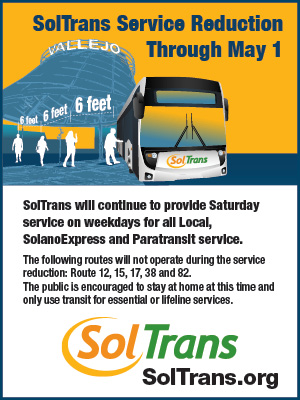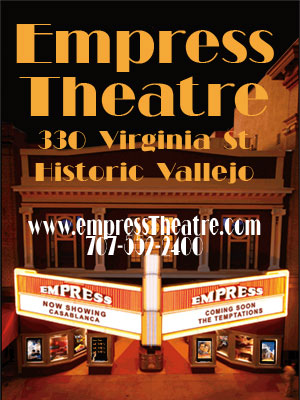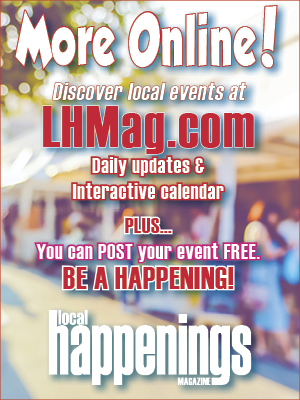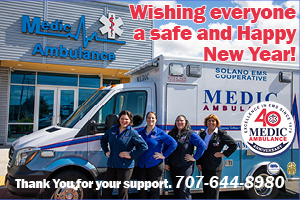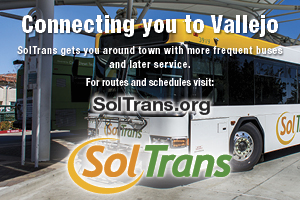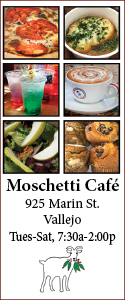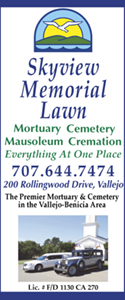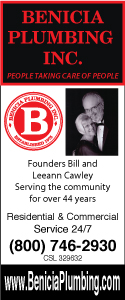
All Hands-on Deck
By James Quinn
It is no secret that a home requires constant upkeep to keep it from dilapidating from weathering and use. This requires lots of money, help, time, patience, and more. Now think bigger—think rebuilding a home—now imagine rebuilding the homes of entire communities!
With the mission of, “repairing homes, revitalizing communities, rebuilding lives,” Rebuilding Together is a standout nonprofit organization made up of thousands of teams of people nationwide (i.e., in 38 states and in DC), volunteering their time and skill to literally rebuild homes (hence the name) and community facilities such as schools. Its website reports that “more than 2.5 million Rebuilding Together volunteers rehabilitated more than 150,000 homes and several hundred community facilities—estimated value of work is more than $1 billion” (rebuildingtogether.org/about-us).
It all started back in April of 1973, according to Rebuilding’s website, “with the simple act of neighbors helping neighbors” of a small group of volunteers in Midland, Texas who wanted to help alleviate a serious problem in their community—neighbors could not afford to fix their homes.” These volunteers quickly noticed the significant impacts of using their time and skills to change not only people’s lives but also whole neighborhoods, so they traditionally met together every year on the last Saturday of April to restore homes. They called it “Christmas in April”—all the meanwhile growing bigger—and by 1988, they officially established themselves as the nonprofit Rebuilding Together, which helped all year round, and their significant national impact has inspired smaller Rebuilding Together groups all over the country—giving rise to our local one: Rebuilding Together Solano County (RTSC).
RTSC’s mission is specific to our own community in assisting low-income homeowners with home rehabilitation projects (e.g., helping out low-income schools, veteran’s buildings, Boys & Girls Clubs of America, etc.), paying special attention to making homes healthy and safe—which they do, for example, by installing free smoke detectors and carbon monoxide detectors that have and continue to save lives (every home should have them). RTSC’s site elaborates: “Our focus is low-income seniors, disabled individuals, and veterans. In addition to home rehabilitation, Rebuilding Together also assists community facilities with needed repairs. During a project, local businesses, community members and concerned residents come together from all walks of life to rehabilitate homes in Solano County. This is accomplished with volunteer skilled and unskilled labor, donated materials/services and financial support from within Solano County.”
And with RTSC’s recent 10-year anniversary in June, it is a great time to reflect back on the organization’s enormous impact: “From June 2009 through December 2018, more than 4,500 Rebuilding Together volunteers have rehabilitated 35 homes for low-income homeowners (seniors / military / disabled) and held more than 45 community facility workdays…[and] has installed more than 1,700 smoke and 425 carbon monoxide alarms benefitting 600 mobile home residents [with the] estimated value of work is more than $5,000,000,” according to its website.
However, those numbers have gone up since then, as I learned from RTSC’s Executive Director Elizabeth Hoffman, who also sits on its board of directors. Hoffman works alongside President Mel Orpilla, Vice President Freda Dill, Legal Counsel Paul Ligda, Treasurer Jennifer Rosendall, and Secretary Linda Daraskavich.
Hoffman said, “We’ve done a little over 2,500 smoke alarms throughout the county, throughout the mobile home parks and installed a little over 500 carbon monoxide alarms … our first home was in 2009—and now we have done a total of 38.” As you can see, to rebuild a home right (safely and following all city ordinances) clearly takes time, even with a lot of people’s money.
Hoffman and I met one Saturday morning at a Vallejo home, and one of the immediate things I noticed was the many volunteers, mostly from Travis Air Force Base. What stood out to me the most, however, was the age range from younger to older volunteers, where a group of well-humored seniors (one was 93) were packing up “to-go bag” lunches for volunteers—there was a job for everyone. “We have everybody, even high school groups who come out and want to volunteer,” Hoffman said. “You do need to be 14 years or older to help us on a construction project [liability], but beyond that, we have Cal Maritime students and more.”
In addition to Hoffman and volunteer groups, what runs RTSC is its many local partnerships, sponsors, donors, and more—because we want to make the same thing when it comes down to it—we want our community to be a better place. “We partner up with companies that will give us some actual cash to be able to get gas in the van, volunteer insurance, volunteer T-shirts … Wells Fargo is a huge sponsor, Phillips 66 [Diversified Energy Manufacturing and Logistics Company], Kaiser Permanente [Vallejo, Fairfield, and Vacaville], Costco, Medic Ambulance provides first-aid safety for us,” Hoffman said.
Additional partnered sponsors include but are not limited to: A-1 Guaranteed Heating and Air in Vallejo, Bank of the West, Construction Concierge, Costco in Vallejo, First Bank, Lennar Mare Island, Maria Teresa Matthews, M and M Sanitary LLC, Medic Ambulance, Minuteman Press—the list goes on! Some of them we have told you about right here in Local Happenings; and we, as a community, are lucky to have so many companies helping, including major donors like Benicia Herald, Mare Island Dry Docks LLC, Sol Trans, city fire departments (Vallejo, Benicia, Fairfield, and Vacaville), and more.
In fact, RTSC partners with our local fire departments as part of one its programs to show residents how to use and care for smoke alarms and carbon monoxide detectors (e.g., placement and properly checking them) while also teaching about what to do in the case of a fire. “We partner with the local fire departments because it is also important that we do education with residents on how to escape, what your escape strategies are, and time element,” Hoffman said. “We do that regularly throughout the years.”
Hoffman also told me how they started a partnership with Costco as a part of their food bank program. “We have an amazing partnership [with Costco in Vallejo], and on Wednesdays and Thursdays we get up to 2,000 pounds of food from them, and it could be from their deli, dairy, produce (fruits and vegetables), and bakery.” From 10 till noon, they quickly sort food at the Community Presbyterian Church in Vallejo, opening their doors at noon to low-income veterans and seniors for free food. “You can imagine when your income is much more limited—it really makes a difference that you can buy some of your medicine that you couldn’t buy,” she commented.
One of their other major partners is Home Depot, which has a pledge to give over $80 million over the next three years to low-income homeowners and veteran spouses, so they come out and volunteer for us, probably four to five times a year.” They generously donate $10-15 thousand in gift cards per home (you heard me right).
You can do your part, too—be a part of the team in the way that you can—help make Solano County a better place by supporting the cause. “Your support can be provided in a variety of avenues including: funding, donation of workday supplies/materials, donation of skilled labor, donation of volunteer groups, etc,” Hoffman said.
All contributions are tax-deductible since RTSC is an established 501(c)(3) nonprofit and can be conveniently made on their homepage: rebuildingtogethersolanocounty.org or you can contact Hoffman at ehoffman.rtsc@gmail.com (for any specific questions or inquiries) and make a donation check payable to Rebuilding Together Solano County, so that it impacts us all, locally.
To learn additional information, join their team, download a calendar, and/or see a full schedule of their events, visit their website at rebuildingtogethersolanocounty.org; and for general questions, I recommend Rebuilding Together’s national website’s frequently asked questions page: rebuildingtogethermc.org/about/our-work/frequently-asked-questions/.
James Quinn lives in Vallejo and teaches at Elmer Cave Language Academy. A UC Davis alumnus in English, he now studies education as part of Touro University’s Master’s in Education program. Along with teaching, he tutors and writes often. Email him at james.quinn@tu.edu. Visit his website at mrquinnj.weebly.com.







